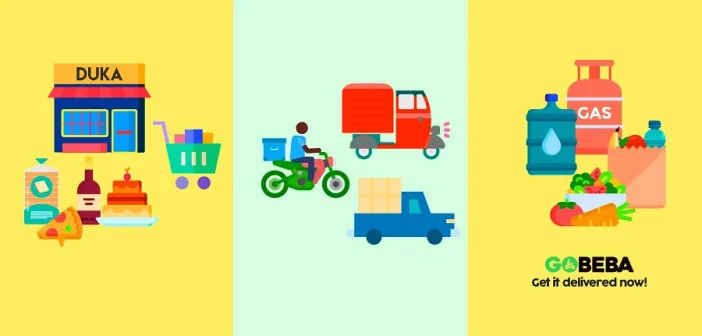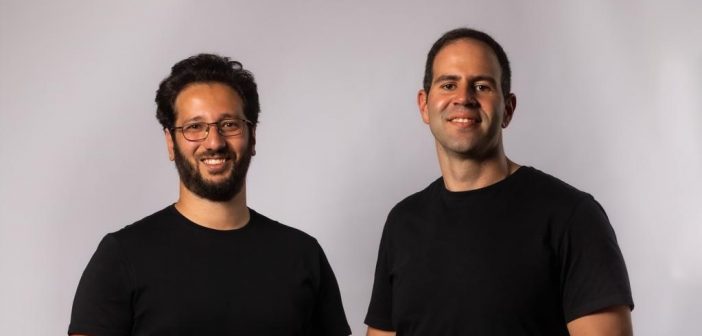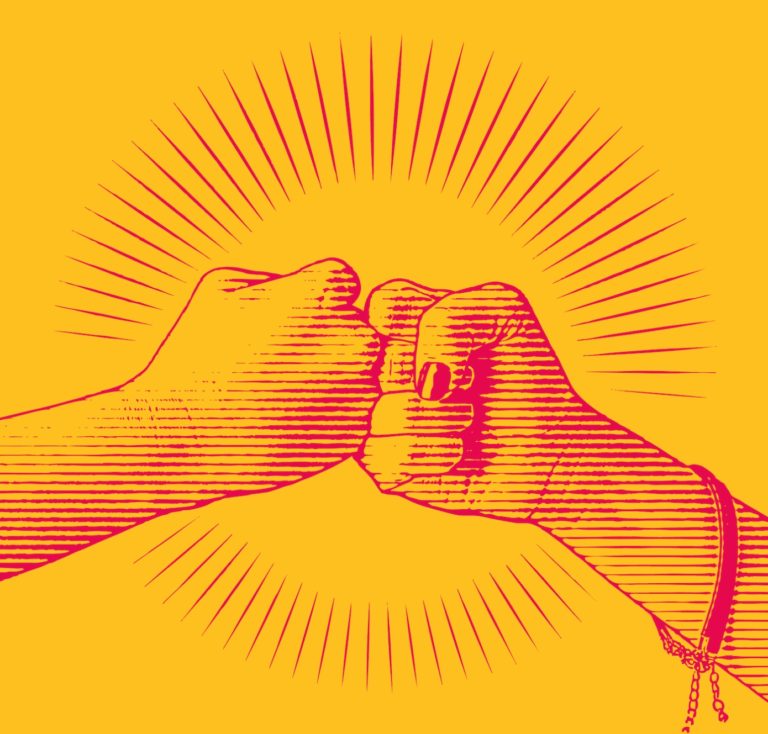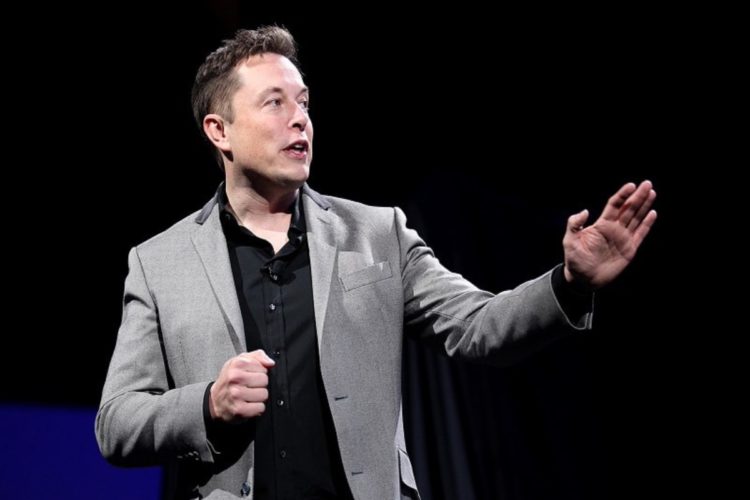How the Kenyan company GoBEBA is rethinking the continent’s utility supply chain

According to GoBEBA, a Kenyan startup, the continent’s utilities supply chain is being reimagined to assist build the infrastructure necessary to support the rapid urbanization of the whole continent.
GoBEBA is an online retailer of large refillable necessities that was founded in 2019 by Peter Ndiang’ui, a former general manager at OLX, and Lesley Mbogo, a former head of product at Amazon.
The team has created a strong technology stack to manage a network of micro-fulfillment hubs for distributed logistics, and it intends to keep automating this network using robotics and AI.
“A number of technical initiatives have been planned to hasten scaling. For instance, GoBEBA will be able to enter the major corporate and SME market while digitizing office basics procurement processes with a workplace essentials procurement platform with approval workflows and a petty cash wallet, according to Ndiang’ui, speaking to Disrupt Africa.
He claimed there was “explosion in urban growth” in Africa.
“However, the infrastructure for distributing basic necessities like cooking gas and drinking water is insufficient and ineffective. For manufacturers, brand owners, and customers, we offer a digital distribution platform for bulky necessities to address these issues, according to Ndiang’ui.
Clearly, the startup is filling a growing demand. It virtually broke even last year despite investing very little cash and seeing a five-fold increase in revenue. The number of monthly active consumers increased, and 70% of them were repeat clients. Why did it have such a big impact so quickly? According to Ndiang’ui, there is a large gap in the supply of bulk necessities in African cities.
“While developed cities have transformed the distribution of these bulky necessities, like running water and cooking gas, into well-piped, dependable utilities, the majority of African cities have them distributed in bulky portable devices that require two-way deliveries with return trips,” he said.
GoBEBA digitalizes this procedure; as of now, only Nairobi, but according to Ndiang’ui, growth is imminent.
“Our plans are to expand in a number of cities in the continent. On our radar are 30 fastest growing cities in the continent, including places like Kinshasa and Lusaka,” he said.
Although it did receive some early equity funding from angel investors and an accelerator, the firm is remarkable in that it is virtually entirely self-funded. It generates revenue from commissions from its “fulfillment as a service” offering and product margins.
“Due to some difficulties, we have changed directions a few times. Since there was no logistics infrastructure to base the platform on, our initial pure asset-light business model proved to be quite difficult, according to Ndiang’ui. It has been difficult to find micro-fulfillment locations close to our consumers because this type of real estate asset class is not yet available on the market.
So far, so good, however, for GoBEBA, and now to see what the future holds.







